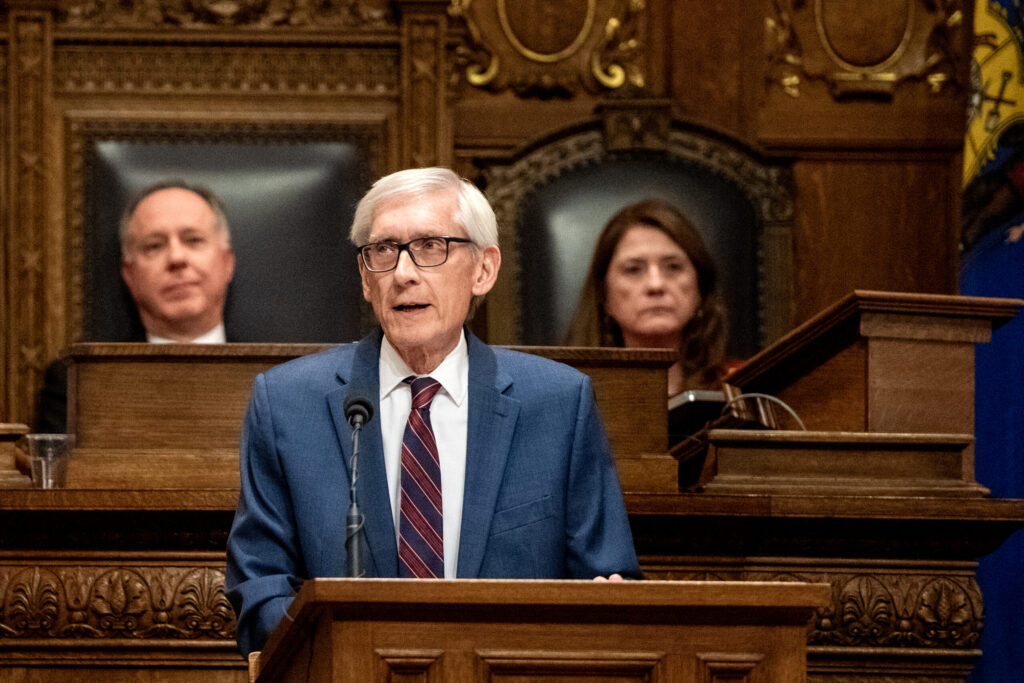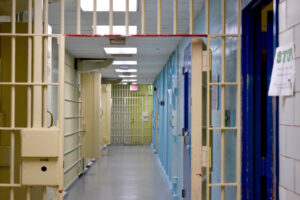In a move set to spark debate across party lines, Wisconsin Governor Tony Evers put forward a proposal on Wednesday night to allocate substantial funding toward student mental health services in his forthcoming budget. During his State of the State address, Evers also advocated for bipartisan cooperation in violence prevention efforts.
Among his other promises were initiatives aimed at reducing medical and child care expenses for families, a comprehensive investment in K-12 education, and a nod to a recent report highlighting a decline in Wisconsin’s tax burden.
Evers touched on national issues, indirectly referencing President Donald Trump’s recent return to office by voicing support for immigration and LGBTQ+ rights.
“I will not compromise on our Wisconsin values of treating people with kindness, dignity, empathy and respect,” Evers declared. “And I will continue to deliver on my promise to fight for the values and priorities that I have every day as your governor.”
This address marked Evers’ seventh State of the State since taking office in 2019. Historically, these speeches have been a platform for governors to convey their executive vision, but with a GOP-controlled Legislature, Evers’ priorities often clash with those of the Republicans.
In response, Assembly Speaker Robin Vos, R-Rochester, dismissed Evers’ address, stating it was filled with “a whole lot of things that are not going to happen in Wisconsin.” Vos criticized the proposed spending as excessive, which he claimed would translate into substantial tax increases. He also rejected Evers’ calls for gun legislation changes.
The governor is expected to reveal his complete budget proposal in February, incorporating the plans announced during his address. Historically, Republicans have discarded Evers’ budget proposals, drafting their own versions instead. The debate continues over how to best utilize the state’s multi-billion-dollar surplus, with Vos advocating for tax cuts over spending.
In another point of contention, Vos emphasized Republican support for cooperation with Immigration and Customs Enforcement, clashing with Evers’ call for honesty about the economic contributions of immigrants in Wisconsin.
Evers declares 2025 the ‘Year of the Kid’
Evers’ most significant proposal calls for a $300 million investment in youth mental health, echoing a request made by State Superintendent Jill Underly in the previous year.
“The state of our kids’ mental health continues to be concerning for me, both as a governor and as a grandfather,” Evers expressed. “A kid in crisis may be distracted or disengaged and may not be able to focus on their studies, if they are able to get to school at all.”
This marks another effort by Evers, a former state schools superintendent, to secure funding for mental health. In 2023, he requested $500 million for mental health, including $270 million for youth, but the Republican-crafted budget allocated only $30 million.
Evers emphasized the importance of investing in child care and proposed free school lunches for students while advocating for increased K-12 education funding.
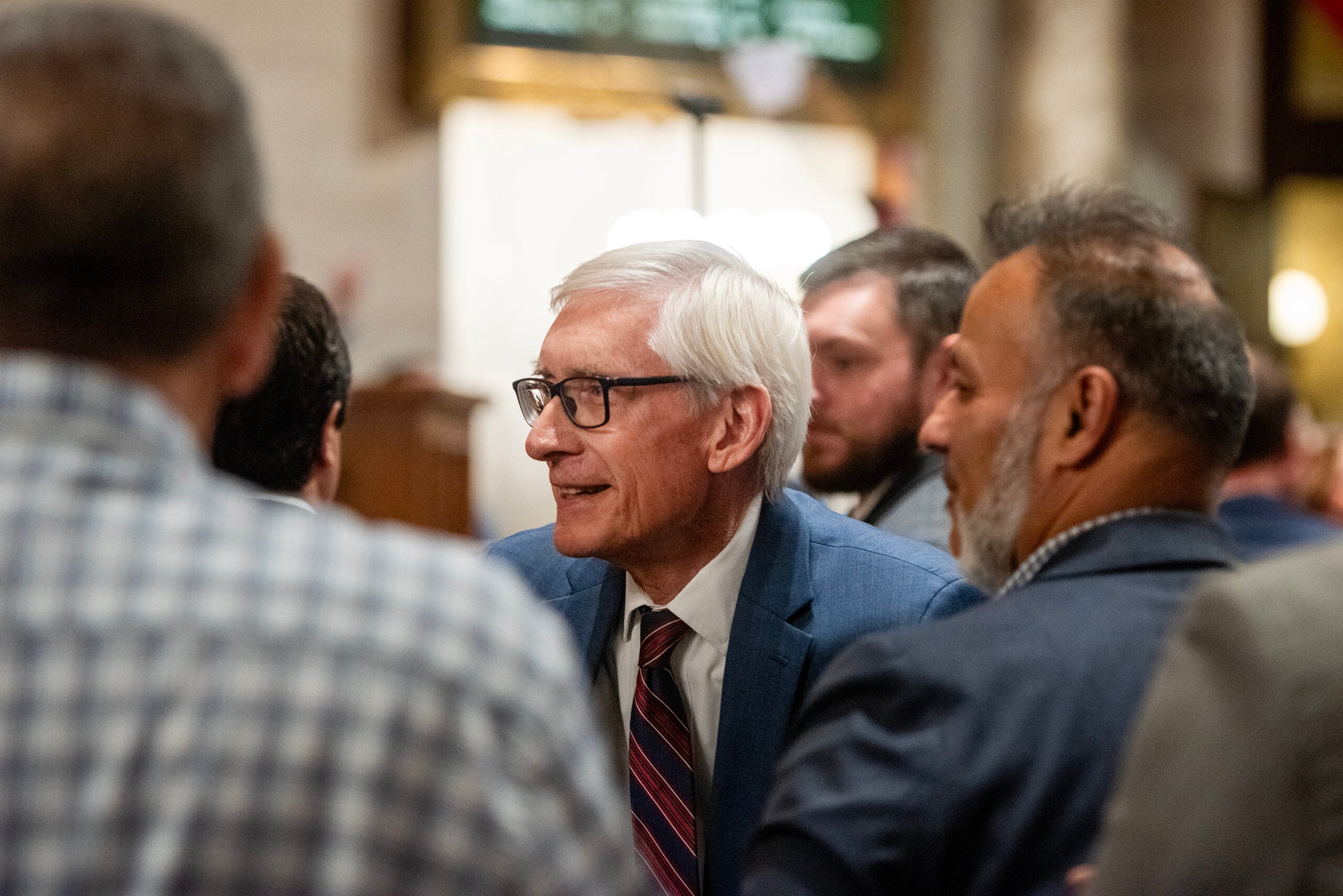
Senate Majority Leader Devin LeMahieu, R-Oostburg, conveyed general support for mental health spending, though he noted the proposed $300 million is substantial. “We’ve increased mental health spending (from) virtually nothing from when I was first elected to $30 million in the last budget. And it’s vitally important. We’ll keep investing in mental health,” LeMahieu stated.
Evers also announced plans for $6 million to address water well contaminants and another $6 million for lead poisoning prevention, advocating for increased eligibility for lead poisoning resources.
Mental health, violence prevention top priorities
Evers argued that academic success is influenced by factors such as home environment, housing stability, and exposure to violence.
He mentioned his newly established violence prevention office, aiming to secure funding to make it a permanent fixture. Evers proposed $66 million for supporting crime victims.
Responding to a recent tragic school shooting in Madison, Evers called for “common sense” gun laws, including expanded background checks and “red flag” laws. “We aren’t here in Madison to quibble about the semantics of the last shooting, we are here to do everything we can to prevent the next one,” he emphasized.
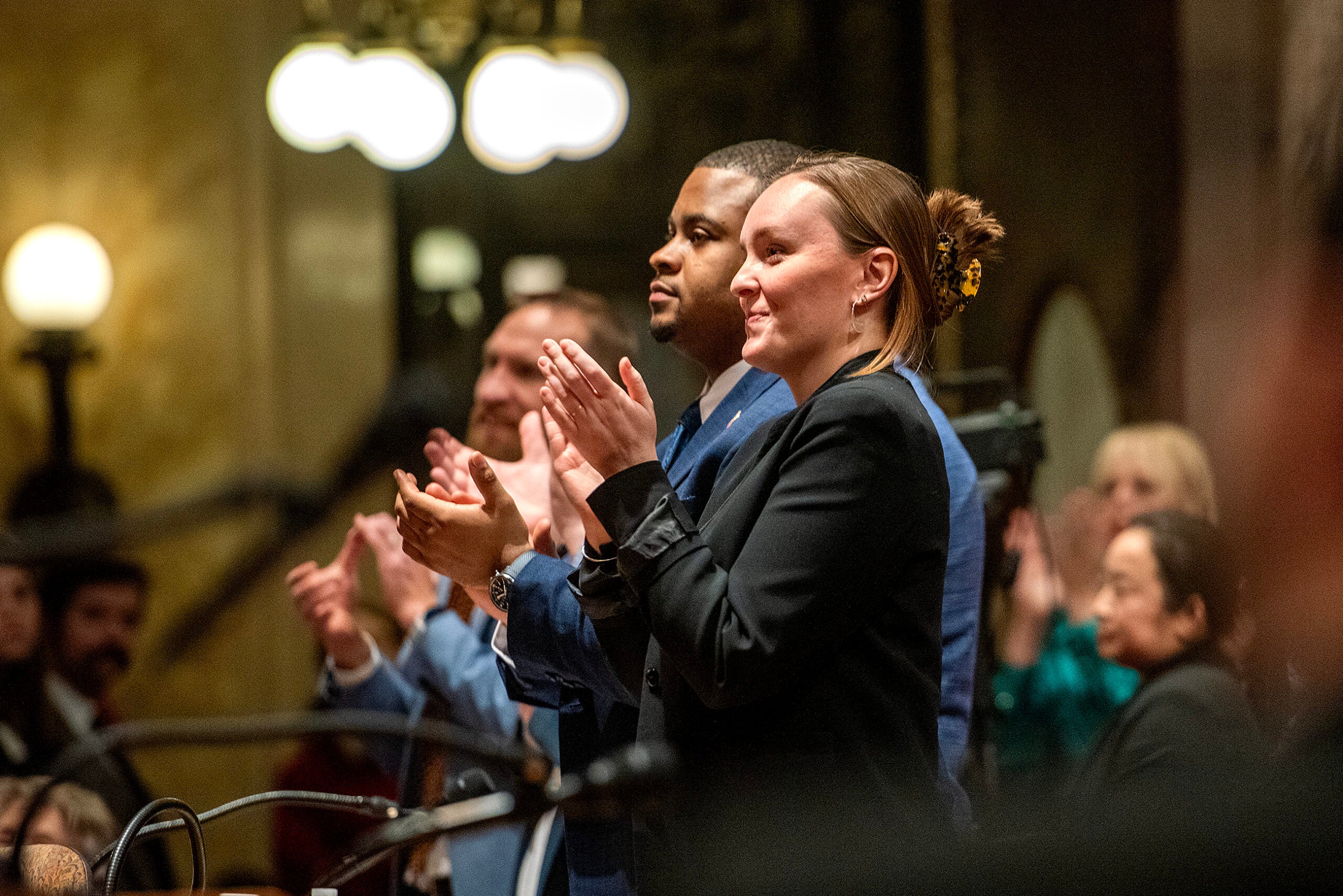
He became emotional discussing the suicide of Jonathan Brostoff, a Milwaukee lawmaker who took his life with a firearm in November. Evers proposed a waiting period for gun purchases and a voluntary registration for individuals in crisis as preventative measures. However, Republicans dismissed these proposals outright.
Assembly Majority Leader Rep. Tyler August, R-Lake Geneva, stated, “No, we’re not doing it. The governor needs to remember that he took an oath to the entire U.S. Constitution, not just the parts that he likes.”
Vos accused Evers of attempting to “take guns away from law-abiding gun owners” and criticized the reference to Brostoff as a “cheap political stunt.”
Promises to lower household costs
Evers highlighted a recent report indicating a significant drop in Wisconsin’s tax burden over the past two decades.
He proposed additional programs to lower costs for Wisconsinites, including eliminating the sales tax on over-the-counter medications and capping insulin copays at $35.
Evers also suggested a $500 million investment in the Child Care Counts program, which was initially funded by federal COVID-19 relief money. Republicans have criticized the program as inefficient, preferring tax cuts as a solution to child care costs.
“Lowering everyday, out-of-pocket costs for Wisconsinites and working families must be a priority for us this session,” he stated. “Making child care and everyday prescriptions more affordable are two easy ways we can help Wisconsinites afford basic needs.”
Republicans have proposed using the surplus for tax relief, with Vos advocating for nearly $1,000 in tax relief per person in Wisconsin.
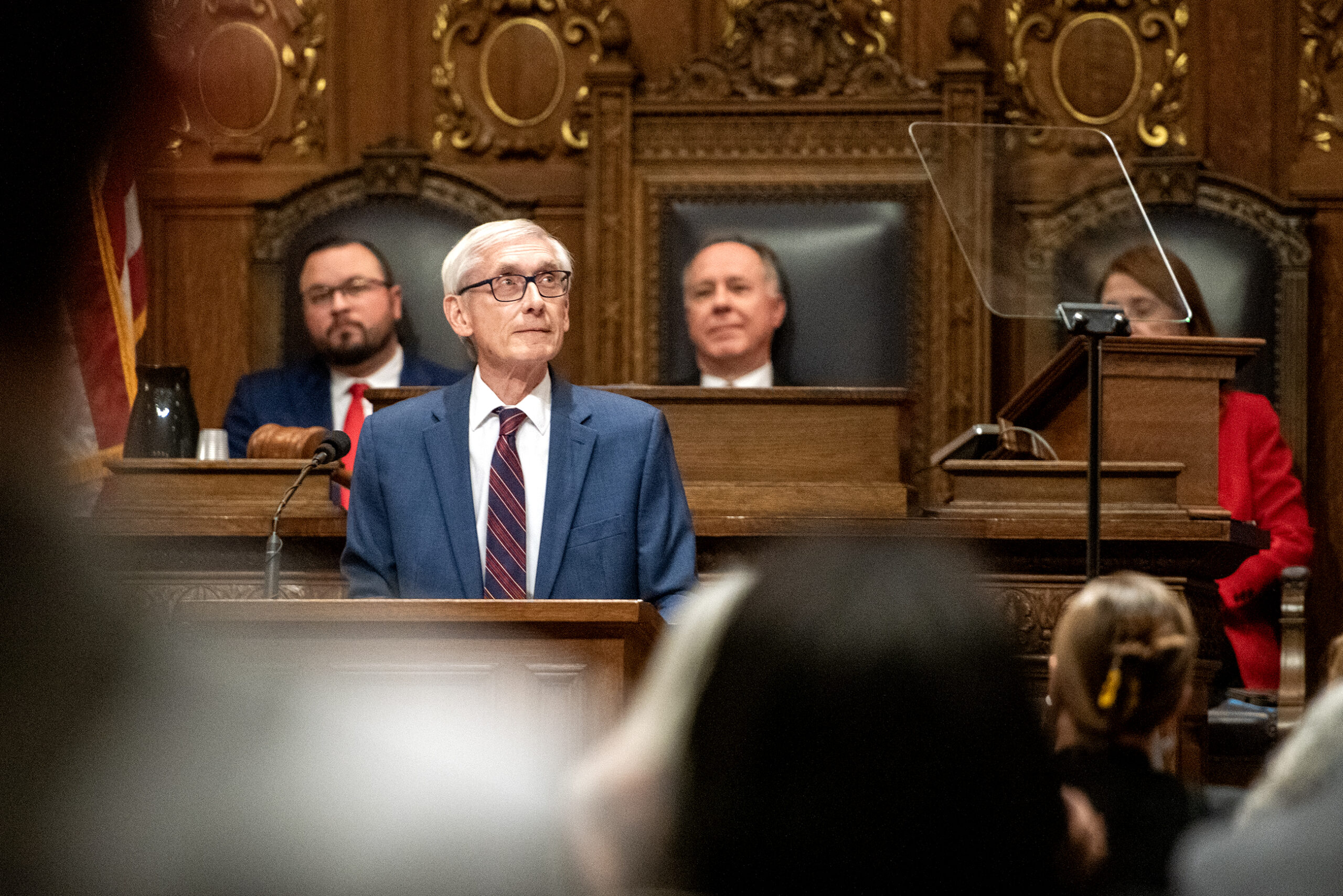
Evers alludes to Trump’s first days in office
Without directly naming him, Evers referred to President Trump’s inauguration and his immediate executive orders on immigration, climate change, and gender issues.
“A lot has happened in Washington in the last 72 hours, and I know there is a lot of angst about what may happen in the days, months and years ahead,” Evers remarked.
He highlighted Wisconsin’s history as a state “born of immigrants” and urged honesty about their contributions to key industries.
Evers called for bipartisan immigration solutions that do not hinder economic progress, implicitly criticizing Trump’s deportation plans, which experts warn could impact sectors like agriculture.
Republicans plan to introduce legislation supporting ICE’s deportation efforts, with Vos stating, “If someone is here illegally and commits a crime, they’re going to be deported.”
Evers also pledged to veto any legislation infringing on access to birth control, abortion, or LGBTQ rights.
“I will never stop delivering on my promise to use every power available to me to defend you, protect your rights and keep you safe,” he concluded.

